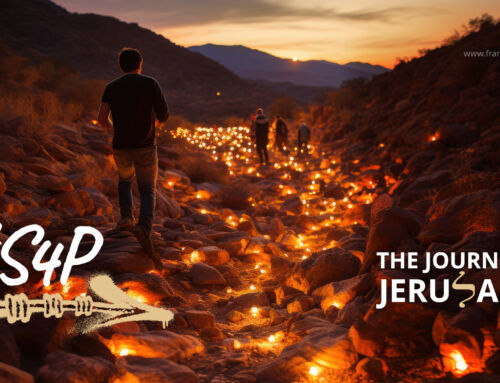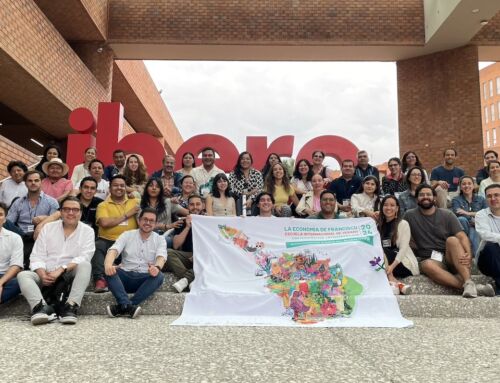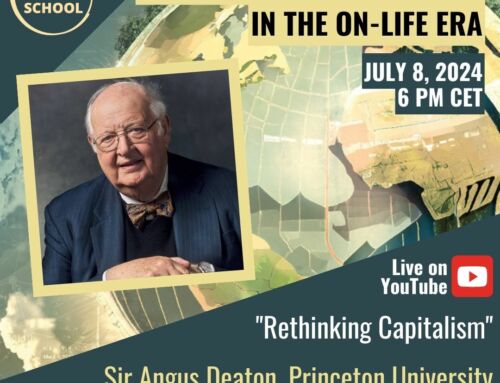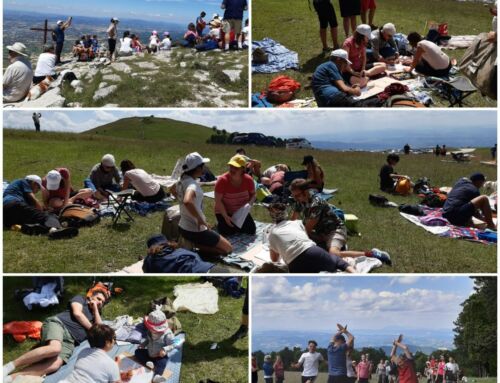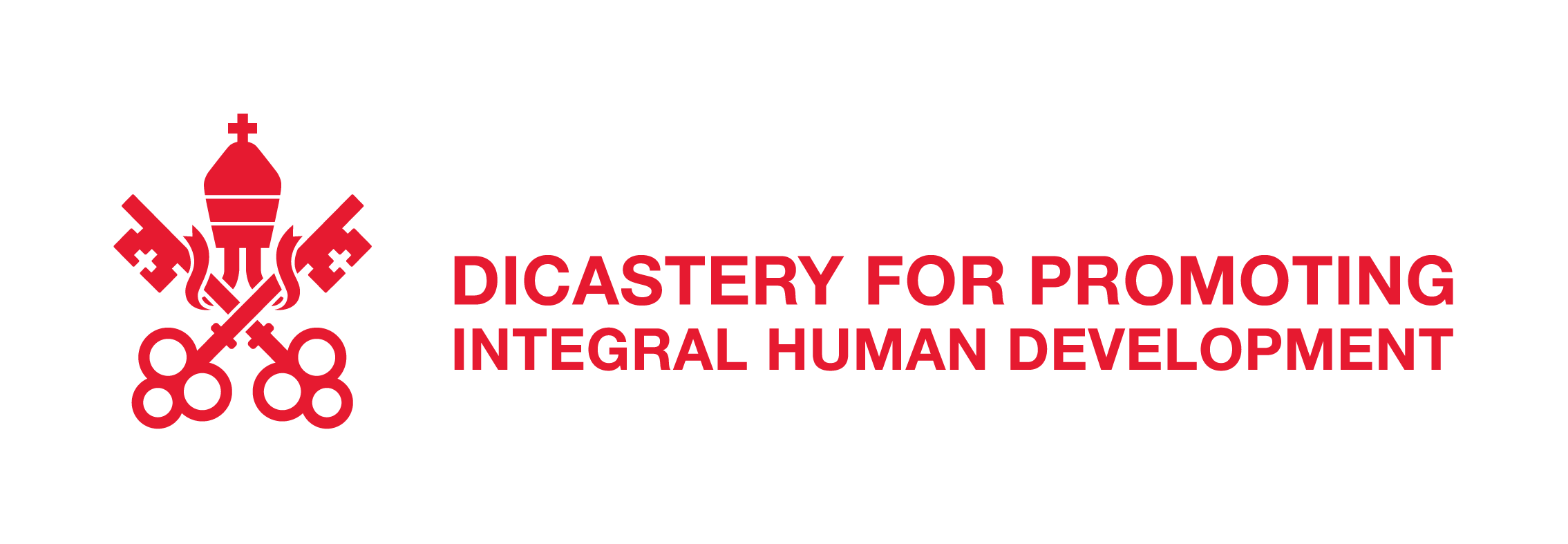Franciscan wealth and heritage: the EoF School prepares to meet Giacomo Todeschini
A special dialogue with Luigino Bruni
We are preparing for the fifth EoF School session. Any first heartfelt comments you want to share with our young participants?
I am satisfied with the participation of our youth and with the extensive views of our lessons – beyond our expectations. I am also impressed by the quality of the speakers involved. It seems to me that a common path of mutual and global co-education was necessary in order to achieve an evolutionary bottom-up approach involving the EoF frontlines. The Pope launched a process, not an economic theory, so a movement of young economists must move to action but also produce interpretative research lines that analyze the capitalism of our time. And this cannot come from ‘above’, but only from a generative dialogue- by asking deep questions and actively listening to the people around us, especially the poor.
Giacomo Todeschini, a medieval historian, will hold the next EoF lesson entitled “Franciscan wealth: to the roots of Franciscan economic thought”. What are the main aspects of the Franciscan vision of the market that emerge from Todeschini’s studies?
Todeschini has long been a point of reference for modern studies on Franciscanism because not only has he brought the attention of scholars to the great Franciscan authors not sufficiently considered in the past, but he has also changed the classical interpretation of the role of the Franciscan movement in relation to the birth of the market economy. He has contributed to bringing to light authors not sufficiently esteemed by economic historiography such as Pietro di Giovanni Olivi and, at the same time, has added insight on the role of the Franciscans between the twelfth and thirteenth century. Todeschini portrayed on the one hand, an alliance between Franciscan thinkers and merchants (Franciscan wealth), and on the other hand, demonstrated the moral costs of the market economy, such as the exclusion of the poor, Jews, and heretics (just to mention a few) from the ‘reliable’ community of merchants – his analysis of the role of fides(1) is very important. Not to mention the rediscovery of the figure of Judas and Mary Magdalene in medieval popular piety and European economic ethics, or his latest book (Like water and blood. The medieval origins of economic thought) developed around the metaphor of blood and its role in medieval economy. To conclude, Todeschini, together with Giorgio Agamben, is a fundamental founding stone for those who today want to study the heritage of Franciscan thought on the birth of capitalism.
A few days ago the first call for 10 small research grants was published. What does the EoF Academy represent?
The attempt to build an international research community of young economists that over time can grow and feel engaged by Pope Francis to give life to a real Economics of Francesco, not just the Economy of Francesco, of which there is an extreme need in this age of change. This is only a first step, there will still be others.
—
(1)Christian faith and the trust of merchants

